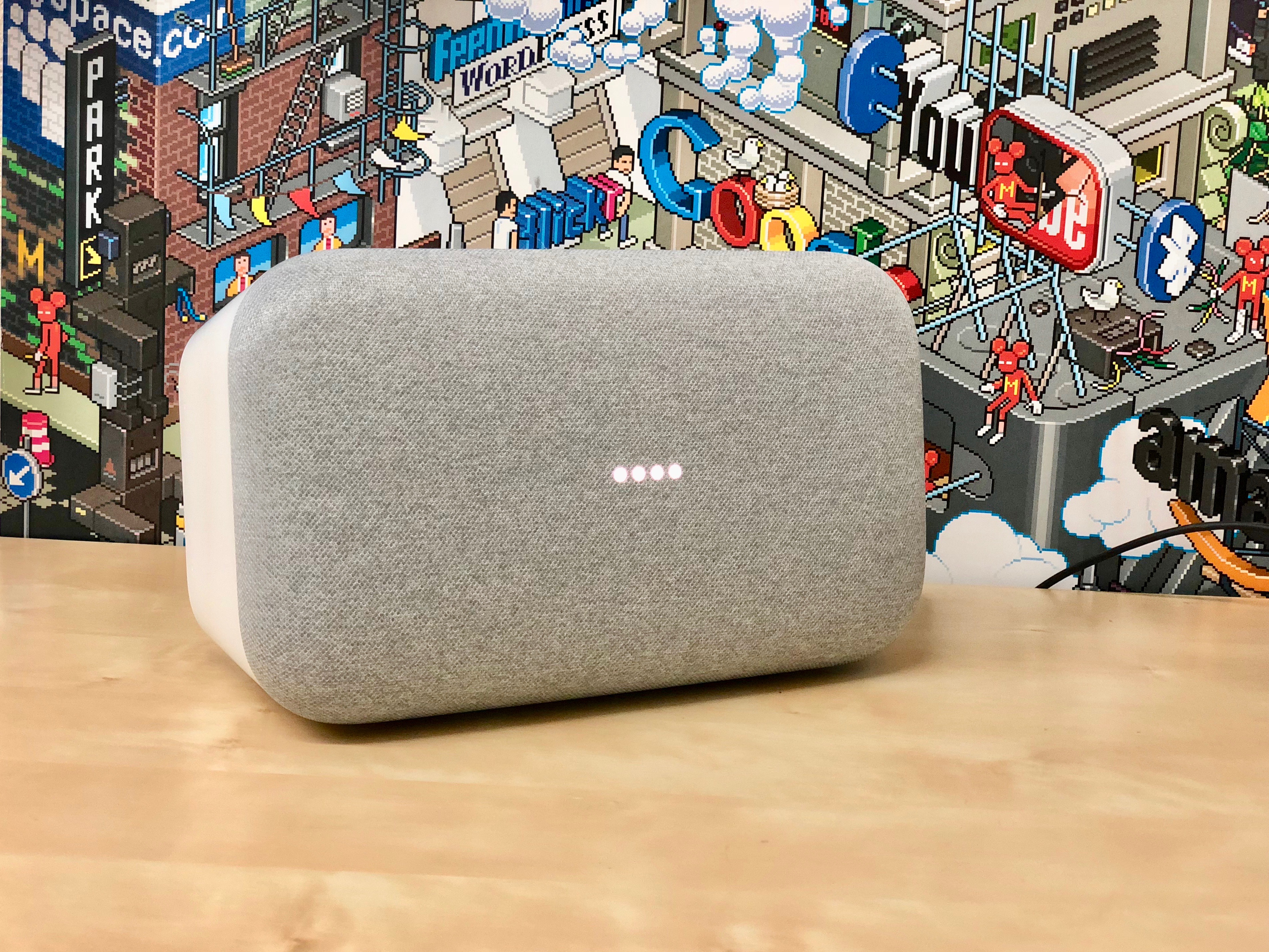'ZDNET Recommends': What exactly does it mean?
ZDNET's recommendations are based on many hours of testing, research, and comparison shopping. We gather data from the best available sources, including vendor and retailer listings as well as other relevant and independent reviews sites. And we pore over customer reviews to find out what matters to real people who already own and use the products and services we’re assessing.
When you click through from our site to a retailer and buy a product or service, we may earn affiliate commissions. This helps support our work, but does not affect what we cover or how, and it does not affect the price you pay. Neither ZDNET nor the author are compensated for these independent reviews. Indeed, we follow strict guidelines that ensure our editorial content is never influenced by advertisers.
ZDNET's editorial team writes on behalf of you, our reader. Our goal is to deliver the most accurate information and the most knowledgeable advice possible in order to help you make smarter buying decisions on tech gear and a wide array of products and services. Our editors thoroughly review and fact-check every article to ensure that our content meets the highest standards. If we have made an error or published misleading information, we will correct or clarify the article. If you see inaccuracies in our content, please report the mistake via this form.
Google Home Max review: Sound this good comes at a price


Google Home Max
pros and cons
- Impressive sound quality
- Google Assistant keeps getting better
- Expensive
- Big footprint needs a dedicated space
- Editors' review
- Specs
After living with the Google Home Max in my office for over a month, I've grown fond of the ability to bark out commands to play music and control volume.
My initial impressions of the Home Max remain relatively unchanged. It's a big speaker that's plenty loud, and the microphones are impressive at hearing you even when music is blasting through it.
Design
As is the case with the rest of the Google Home family, the overall design of the Home Max is subdued. A white or black housing is broken up only by a front panel made out of fabric.
The speaker measures 13.2 x 7.4 x 6.0 inches and weighs a hefty 11.7 pounds. A small placement mat comes with the Home Max. Using magnets, it helps keep the speaker from sliding or vibrating and moving.
The Home Max can be placed in vertical or horizontal orientations. For vertical placement, stand Home Max on its right side. If you forget and place the speaker on the wrong side, Google Assistant will let you know that it's upside down and needs to be adjusted. It's worth mentioning, when vertical, the speaker will switch to mono audio, and when horizontal, it will pump out stereo sound.
On the backside of the Home Max, you'll find a mute switch to disable the speaker's always-listening feature, a USB-C port, and a 3.5mm port.
On top of the housing, a single line that serves as an indicator of the touch is used to play or pause music or adjust volume with a swipe in either direction. In the middle of the fabric cover are four indicator lights used to let you know when Assistant has been triggered, as well as current volume levels.
Top ZDNET Reviews
Read also: Google Pixelbook review: Clean design with impressive performance you'll have to pay for | Google Pixel Buds review: Overpromised, underdelivered
Assistant
Google Assistant is, of course, built into the Home Max. Wake phrases of "Hey Google" or "OK Google" trigger the speaker to listen for your command. Even though the speaker is constantly listening, it's not sending every spoken word to Google's servers. It's only after it recognizes a wake phrase that it begins to transmit your request to Google's servers.
With these commands, you can ask it to turn the lights on or off, adjust the temperature of your home, or fetch a weather report.
My use, however, has been limited to using it solely as a speaker, without the smarts -- basic playback voice commands notwithstanding.
This wasn't on purpose, but more of how I naturally fell into using the speaker. With its overall design and functionality touted as a high-quality speaker, perhaps I subconsciously relegated it to be just that.
Over time, I found Home Max failed to consistently activate when I used the wake word. I would have to repeat "OK Google" two or three times before I could issue a command. What's more puzzling is this only occurred when there was no music playing and the room was relatively quiet. I never experienced the same issue while music was playing, which is both odd and impressive at the same time.
Read also: Best gifts: Smart speakers for the holidays | Google Pixel 2 XL review: It doesn't get any more Google than this
Sound quality
I'm not an audiophile, but that doesn't prevent me from appreciating the sound quality of the Home Max. With a Sonos One on hand, I've compared the two devices multiple times, and to my ear, they are just about equal in quality. The Home Max edges out the Sonos One a tad on overall volume, but it's not often I have any speaker maxed out.
Driving the performance of the Home Max is two 4.5-inch (114mm) high-excursion dual voice-coil woofers and two 0.7-inch custom tweeters.
Google built Home Max with a feature it calls Smart Sound. Using machine learning, the speaker adjusts its sound performance based on the placement in a room. Any time you move the speaker, it adjusts itself again, ensuring you continue to get the best sound, regardless of where it sits.
Smart Sound is all done without the user ever knowing -- and without having to start the process on a phone or the speaker itself. I can't say whether it made a difference, because as far as I know, there isn't a way to turn it off and test the speaker without it.
Considering the sound quality is something I have no issues with, it appears to be working.
Read also: Smart speakers are now the fastest-growing consumer technology | Google Home review: A promising step towards the future
Price and competition
A lot of noise has been made this week after Apple announced the HomePod is ready to begin shipping on Feb. 9. The $350 speaker, depending on what you've read, is either going to be an amazing entry point for Apple into the smart speaker market or a complete flop based solely on its price.
Read also: Google launches Assistant on Android tablets, more phones | Google adds audiobook streaming for Google Assistant deviceshttps://www.zdnet.com/product/google-pixel-xl-phone/
On Thursday, Sonos announced a promotion for the Sonos One speaker, with Alexa built into it, at $349 for two speakers. The promotion starts Friday, Jan. 26.
Then, there's the Google Home Max, the most expensive of the bunch at $399. It's marketed for those who love high-quality audio first, with smarts second. And it delivers on that promise without any fuss.
As with the Sonos One, the Home Max is only one speaker in an ecosystem of less expensive devices. Each one has its place, designed for a specific user.
The Home Max is easy to recommend to someone who wants a stellar speaker that works with Google's ecosystem and is integrated into a myriad of home automation systems compatible with Google Assistant.
If sound quality doesn't really matter to you, then, well, Google Home or Home Mini will fit you just fine, too.
Previous and related coverage
Has Apple given Amazon, Google, and others too much of a head-start in the smart speaker market?
Smart speakers the new vanguard of consumer technology
Smart speakers are now the literal and figurative voice of consumer technology, according to a new report from Canalysis.
Google's Home Max smart speaker is now available for $399
Home Max is Google's competitor to Apple HomePod and Sonos.